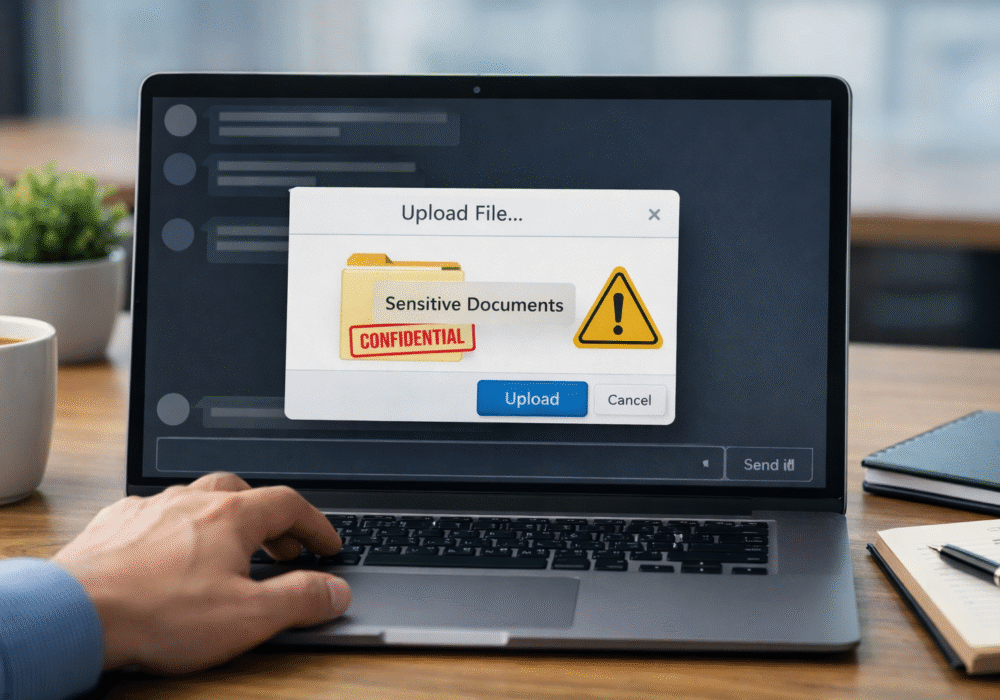A Bogon is an IP address (IPv4 or IPv6) that has yet to be officially assigned for use by the Internet Assigned Number Authority (IANA). As such they are unassigned and unrouted on the Internet. Bogons can be intentionally misused by hackers to hide their attacks by hiding their source IP address (hackers). Only connectionless (UDP/ICMP) attacks can be used in these cases, but for these forms of attack, there are many options. (See an early example in a “Ping of Death”).
Some IP addresses may only be considered a bogon temporarily, as the IANA registry is constantly updating and assigning new address spaces.
Many technologies help protect you from bogon attacks including:
In addition to these actions, it’s critical that your organization adopts cybersecurity awareness training, phishing tests, policy guidance, and dark web reporting to ensure your company is properly secured online today.
https://youtu.be/eXC87A5e0aQ
Sources:
Additional Reading:
Bogons: Don’t Let Them In or Through Your Networks
Related Terms:
Discover and share the latest cybersecurity trends, tips and best practices – alongside new threats to watch out for.

If a Chrome extension promises to remove security pop-ups and generate MFA codes, that should make you...
Read more
Cyberattacks usually start with phishing emails or weak passwords. This one did not. Security researchers...
Read more
Not surprising when Trouble Ensues Last summer, the interim head of a major U.S. cybersecurity agency uploaded...
Read moreGet sharper eyes on human risks, with the positive approach that beats traditional phish testing.
